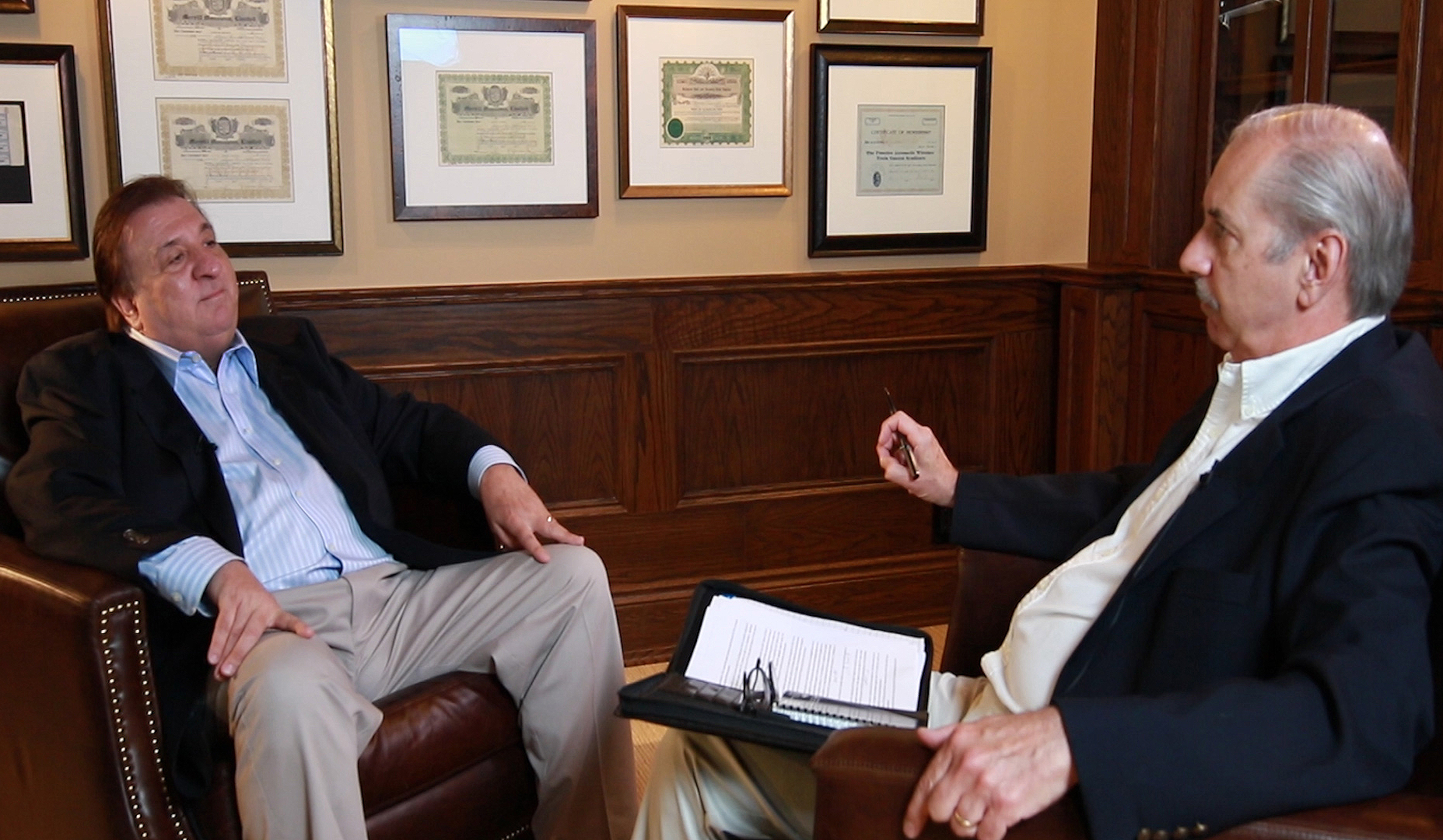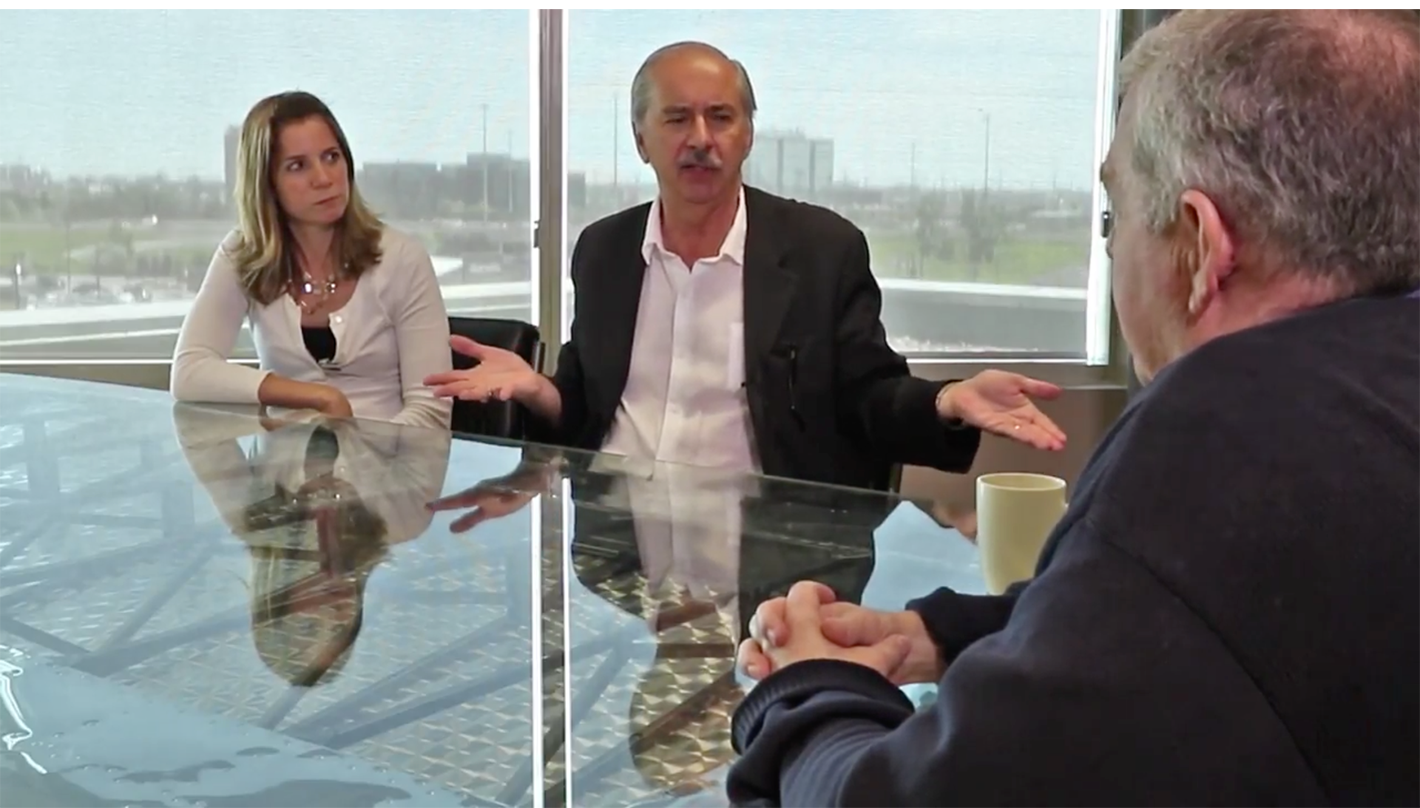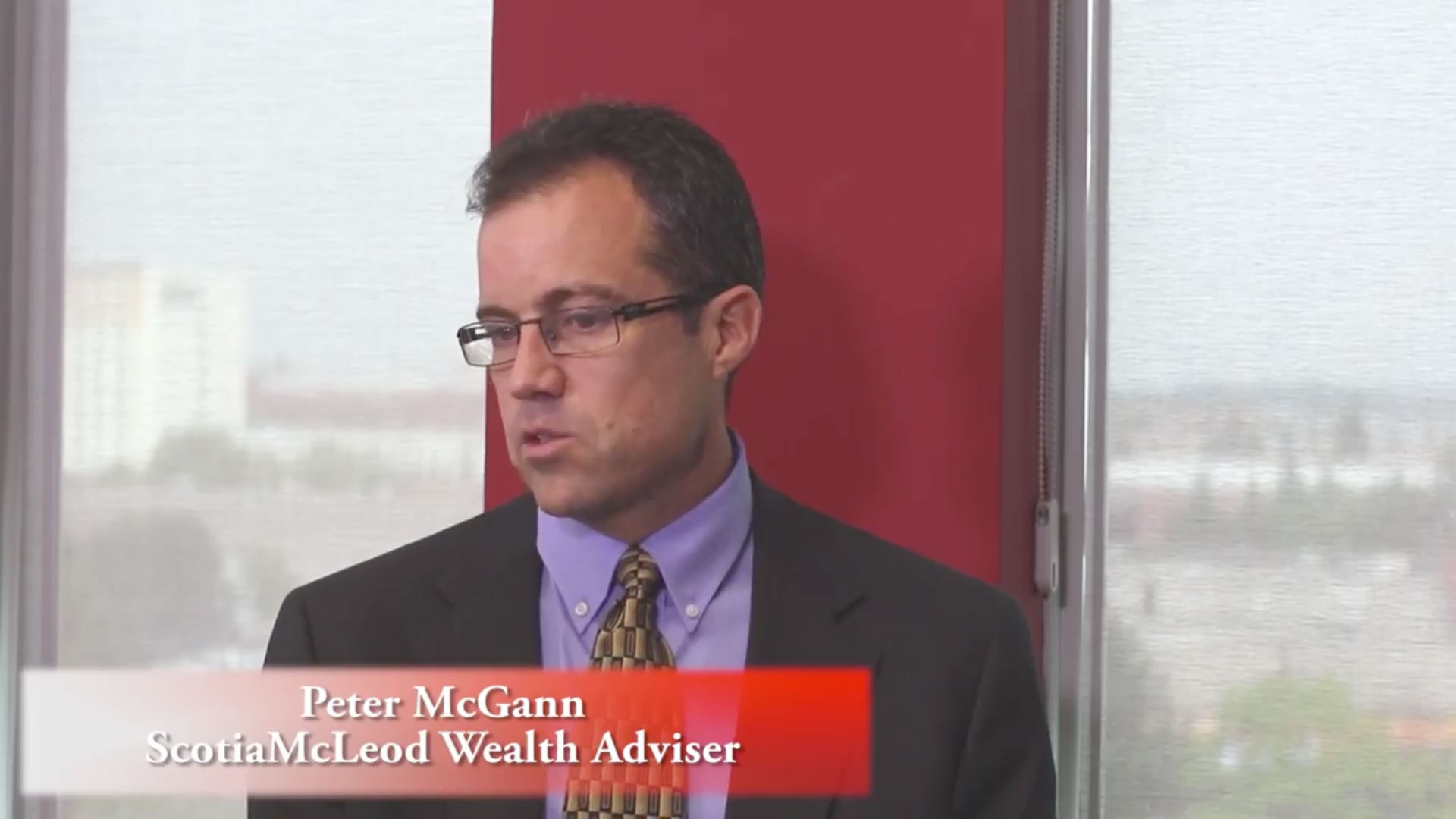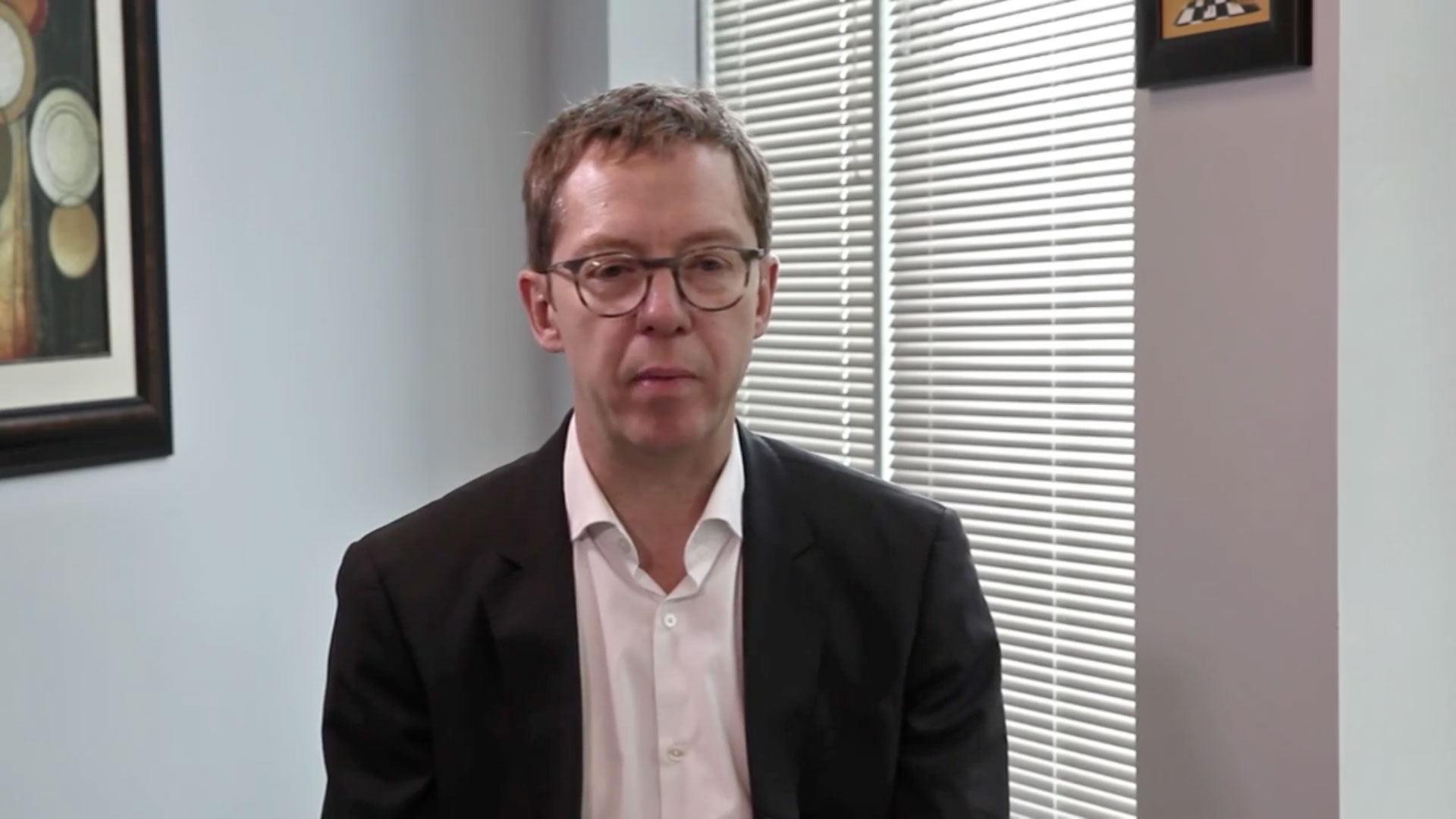Sales of Exchange Traded Funds (ETFs) in Canada are fast eclipsing demand for traditional managed mutual funds.
Figures out from Credo Consulting show that net inflows of ETFs stood at $5.4 billion during the first quarter of 2016 versus $4.6 billion a year earlier. But the Investment Funds Institute of Canada (IFIC) reported that mutual fund net new sales (close equivalent to ETF net inflows) sustained a stunning drop of well over 50 per cent. At the same time, assets of ETFs under management in the quarter are up about 100 per cent since the 2008 financial crisis to almost $100 billion. Financial Pipeline editor Malcolm Morrison asked Frank Hracs, the Chief Economist at Credo Consulting if part of the exploding popularity for ETFs is due to managers of traditional mutual funds having a more difficult time ‘beating the index’ since 2008.
Malcolm: Of course the big selling point of traditional mutual funds and why they charge these extra large (management) fees is that these funds are managed where an ETF is tracking an index. But you have to beat the index if you’re going to be really competitive. Part of the reason for the popularity is that fund managers have found it more difficult since 2008 to beat the index.
Frank: As you know there are lots of different indexes but I think the main are the equity indexes. The selling point, if you will, of the ETFs is that they’re passive and they tend to closely match any given index, whether it’s equities or bonds. The mutual fund people have to make decisions and actively manage and the theory or the literature over time (says) it’s hard, if not impossible to outperform over the long run so that’s a marketing point. And it’s in this kind of year of volatility where the equities really haven’t gone anywhere over the last decade, even the last two decades, you get spurts about performance but that doesn’t necessarily hold for the next period. So it is a tough environment and in that environment I think ETFs have a bit more attractiveness.






